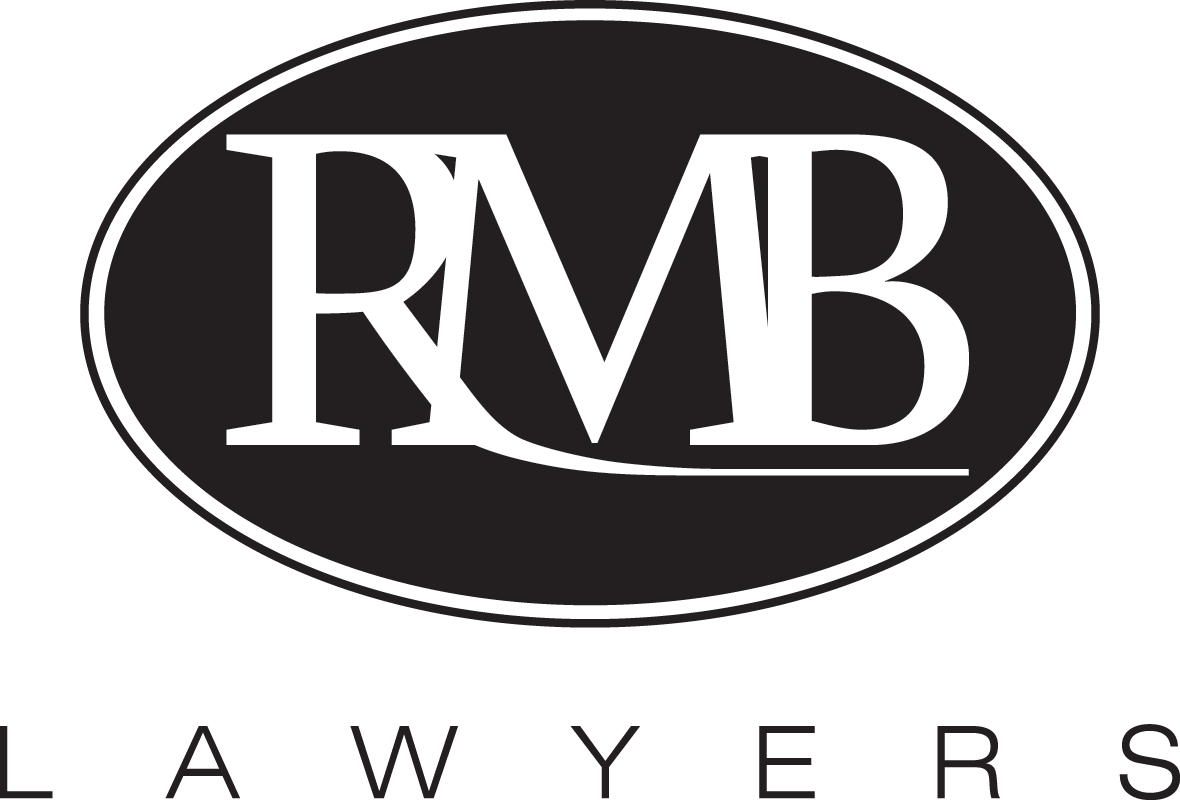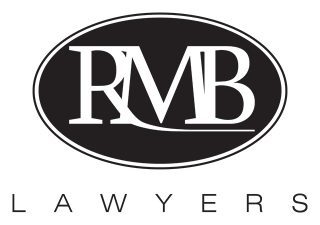Many people don’t understand the steps involved with purchasing a property, especially in the case they are from another state as each has different procedures. It is usually an exciting and emotional time when buying, which is often a new home for the family and so you can’t afford to make a mistake. While you should speak to a solicitor early in the transaction to protect yourself the process can still be quite confusing for many. Here’s how a normal transaction goes.
The fun part is looking around at all the properties but once you have decided, the serious stuff begins and like any other purchase the price is a bargaining opportunity not to be missed. In a legal sense there needs to be an offer, by a Purchaser, and an acceptance by the Vendor. Most properties are placed on the market at a price above that which the Vendor will accept. How much that is depends on a number of issues.
Once your offer has been accepted, there is still no binding agreement until contracts have been formally ‘Exchanged’. By Exchange I mean the process used in N.S.W. where the Vendor and Purchaser have each signed a copy of the contract and they are physically handed to each other. Yes, there are usually 2 contracts in a standard transaction, one for each party. Once the terms of the Contract are agreed, that is the price, the settlement period and anything else essential to the agreement, such as ensuring the contents you inspected are included, arrangements can be made for the exchange.
By this time you should have had the property checked by a Pest and Building Inspector because there may be no going back. For the Exchange to be effective the law says it needs to be accompanied by ‘consideration’. That is a deposit. Normally a deposit of 10% of the price is handed over at the time of Exchange. There are other issues such as a Cooling Off period to be considered but once Exchanged the parties are bound to the agreement.
Following Exchange there is usually a period of time until Settlement. Settlement occurs when the balance of any money owed to complete the purchase is handed over in exchange for documents giving you ownership of the property.
The period of time between exchange and settlement allows for searches on a range of issues on the property some of which are to ensure no debts are outstanding on the land, such as land tax or outstanding rates. If these were to remain unpaid you could inherit the charge as they pass with ownership of the land. Searches are also made, with various government institutions such as Roads & Traffic Authority to make sure the property is not likely to be resumed for a new highway, Department of Education, Country Energy, Education Department, State Rail and many others depending on the property itself.
Your solicitor will also make requisitions on title to the Vendors solicitor, that is a list of questions, ensuring the property complies with any easements, covenants, building requirements as well as the Vendors knowledge about matters that may affect the land. The time also allows your finance to be organised, if you have a mortgagee there are documents to be signed and arrangements to be put in place.
Arrangements also have to be made to pay any stamp duty applicable to the purchase and the Transfer and Contract to be ‘Stamped’ prior to settlement. Calculations are made to adjust council rates and when all is ready the parties get together for settlement where the money and documents are exchanged passing title of the land to you. After settlement the documents need to be promptly registered so your interest is recorded at the Land Titles Office.
It is a busy time and usually the settlement period will be from 2 weeks up to whatever period of time suits the parties. You will also be busy organising your insurance, electricity to be connected and phone changed over, as well as removalist. Then hopefully you can get on with enjoying your new home.


